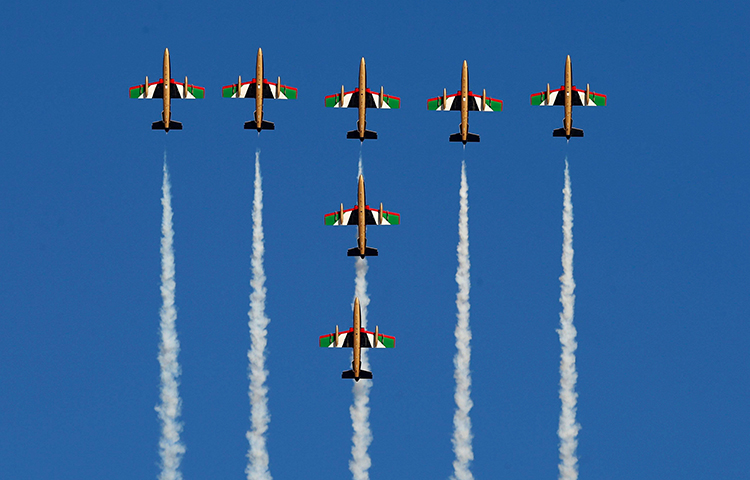New York, January 12, 2018–Kuwaiti authorities should allow independent journalist Abdullah al-Saleh to return to Kuwait without fear of imprisonment or reprisal for his work, the Committee to Protect Journalists said today. A Kuwaiti national security court on December 25, 2017, found al-Saleh, a YouTube reporter and former columnist for the Kuwaiti newspaper al-Jareeda, guilty in absentia of “abusing Saudi Arabia,” and sentenced him to five years imprisonment with hard labor, several news outlets reported.
Kuwaiti courts also found al-Saleh guilty of insulting the United Arab Emirates, and, in a separate trial, of insulting Bahrain, Saudi Arabia and the UAE collectively, according to the same news reports and the journalist who spoke with CPJ via Snapchat. Al-Saleh has not been sentenced in these two cases.
Al-Saleh regularly posts three-minute reports on news from the region and satirical analyses to his YouTube channel, Tahyati wa Ashawqi, on sensitive topics including Saudi Arabia Crown Prince Mohammad bin Salman’s personal wealth, the diplomatic blockade against Qatar, and Saudi Arabia’s recent decision to allow movie theaters to reopen in the kingdom. His channel has more than 22,000 subscribers.
“It’s bad enough that so many countries in the region casually hand down prison sentences for criticizing domestic politics. Kuwaiti authorities are attempting to imprison a journalist for his views on other countries in the region,” CPJ Middle East and North Africa Program Coordinator Sherif Mansour said from Washington, D.C. “Kuwaiti authorities should allow al-Saleh to return home and work freely.”
CPJ requested comment from the Kuwaiti Ministry of Interior via the ministry’s website, but did not immediately receive a response. CPJ also requested comment via email from the Saudi Arabian Embassy in Kuwait and the Kuwaiti Embassy in Washington, D.C. but did not receive an immediate reply.
Al-Saleh told CPJ that Saudi Arabia’s case against him began as a lawsuit filed in August 2017 by the Saudi ambassador to Kuwait before Kuwait’s state security court took it up.
In the wake of an escalating diplomatic standoff between Qatar and Saudi Arabia along with several countries in the region, Bahrain and the United Arab Emirates both announced that statements deemed supportive of Qatar would be punishable by prison time. Neither Saudi Arabia nor Kuwait announced similar measures at the time, and Kuwait has since attempted to mediate the crisis.
On December 23, 2017, al-Saleh fled to the U.K. from Qatar. Al-Saleh initially arrived in Qatar in July 2017 to attend a freedom of expression conference at the invitation of Qatar’s National Human Rights Committee. He then stayed in the country to work as an independent journalist.
Al-Saleh told CPJ that he worked as a columnist for the independent daily al-Jareeda, which was founded and is published by CPJ 1992 International Press Freedom awardee Muhammad al-Saqr, until May 2017 but decided to move to social media after Saudi Arabia and several other states began a diplomatic and economic blockade of Qatar. He said that social media platforms offered more freedom of expression than Kuwaiti news outlets, especially concerning the diplomatic row with Qatar.
